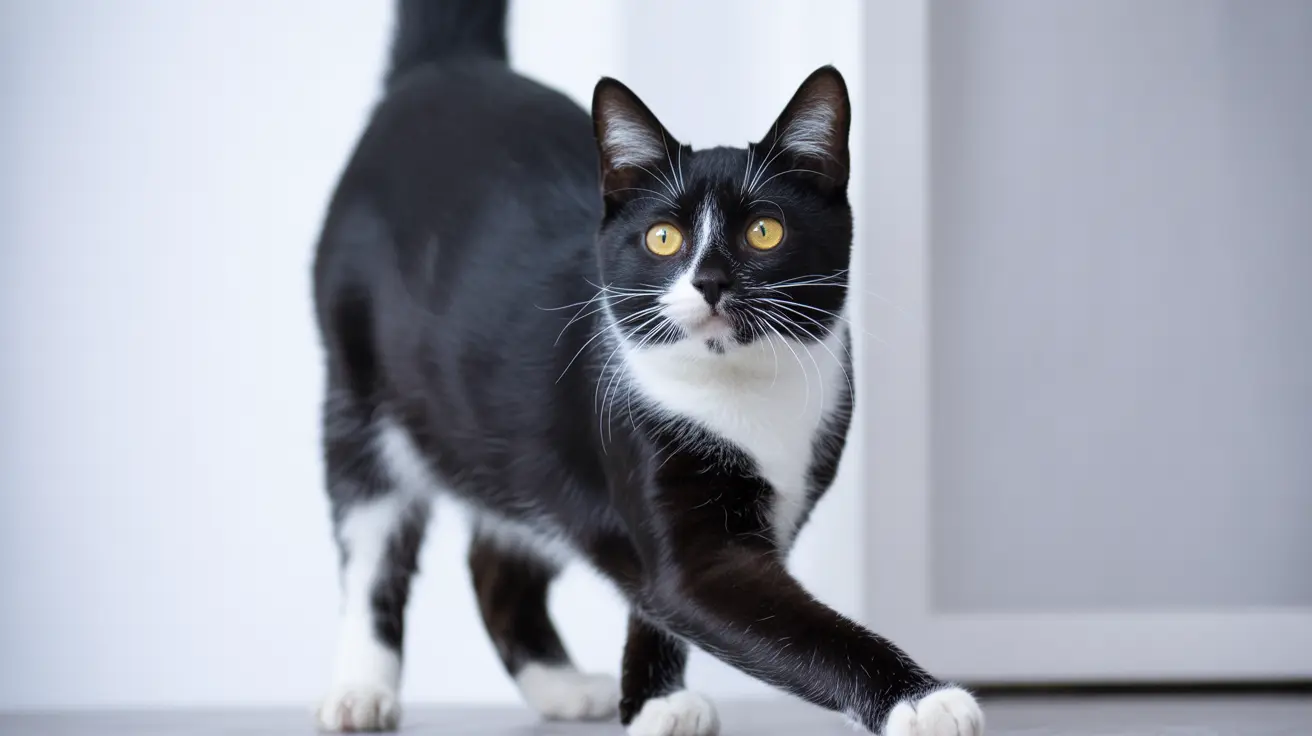Can Cats Eat Eggs? A Complete Guide for Pet Owners
Eggs are often praised for their rich nutritional value in human diets, but many pet owners wonder,
"Can cats eat eggs?" The short answer is yes—
eggs can be a beneficial treat for cats when served properly. However, it’s important to understand how to include them in your feline's diet safely.
Why Eggs Can Be Good for Cats
Eggs are packed with nutrients beneficial not just for humans but for felines too. Here are some of the top reasons eggs can be a good dietary supplement for cats:
- High-Quality Protein: Eggs are rich in amino acids, the building blocks of protein, which are essential for feline health.
- Vitamins and Minerals: Eggs contain B vitamins, including B12 and riboflavin, as well as minerals like selenium and iron.
- Healthy Fats: While cats require fat in their diets, eggs provide a small, manageable amount of healthy fats.
How to Feed Eggs to Cats Safely
Though eggs can be nutritious for cats, preparation matters. Here are some
do's and don'ts to follow:
- Always Cook Eggs: Raw eggs can carry salmonella or E. coli, which are harmful to cats.
- Do Not Use Seasonings: Salt, spices, and additives like onion or garlic can be toxic to cats.
- Stick to Plain Eggs: Scrambled or boiled eggs without oil, butter, or seasoning are best.
How Much Egg Can a Cat Eat?
Moderation is key. Eggs should only be a supplemental treat, not a replacement for your cat’s regular food. Here’s a rough guideline:
- Small Portion Size: A few small bites (a teaspoon or two) once or twice a week is usually sufficient.
- Watch for Allergies: Introduce eggs slowly and observe your cat for any signs of digestive upset.
Potential Risks of Feeding Eggs to Cats
While eggs can be healthy, overfeeding or improper preparation can cause issues:
- Risk of Salmonella: Raw or undercooked eggs can pose a bacterial threat.
- Biotin Deficiency: Raw egg whites contain avidin, which can prevent biotin (a B vitamin) absorption over time.
- Obesity and Cholesterol: Eggs are calorie-dense; too much fat can lead to weight issues.
Can Kittens Eat Eggs?
Kittens have more sensitive digestive systems and different nutritional needs than adults. While
they can consume cooked eggs in small amounts, it's best to consult your vet before introducing new foods.
Signs of Egg Sensitivity in Cats
Just like humans, some cats may not tolerate eggs well. Watch for symptoms such as:
- Vomiting
- Diarrhea
- Itchy skin or rashes
- Lethargy
If you notice any of these signs after feeding your cat egg, discontinue immediately and speak with your veterinarian.
Best Practices for Feeding Eggs to Cats
To safely incorporate eggs into your cat’s diet:
- Cook thoroughly: boil or scramble without oil or spices.
- Start small: offer a teaspoon-sized portion and observe your cat.
- Feed occasionally: no more than once or twice a week.
- Avoid raw eggs: due to the risk of bacteria and nutrient imbalances.
Conclusion
So,
yes, cats can eat eggs, and they can even benefit from doing so if prepared properly. Stick to
plain, cooked eggs in small portions, and use them as an occasional treat rather than a staple food. Always monitor your cat for any adverse reactions and consult your veterinarian if you’re unsure about introducing eggs into their diet. Like all things in a cat’s diet, moderation and mindful preparation are crucial.





